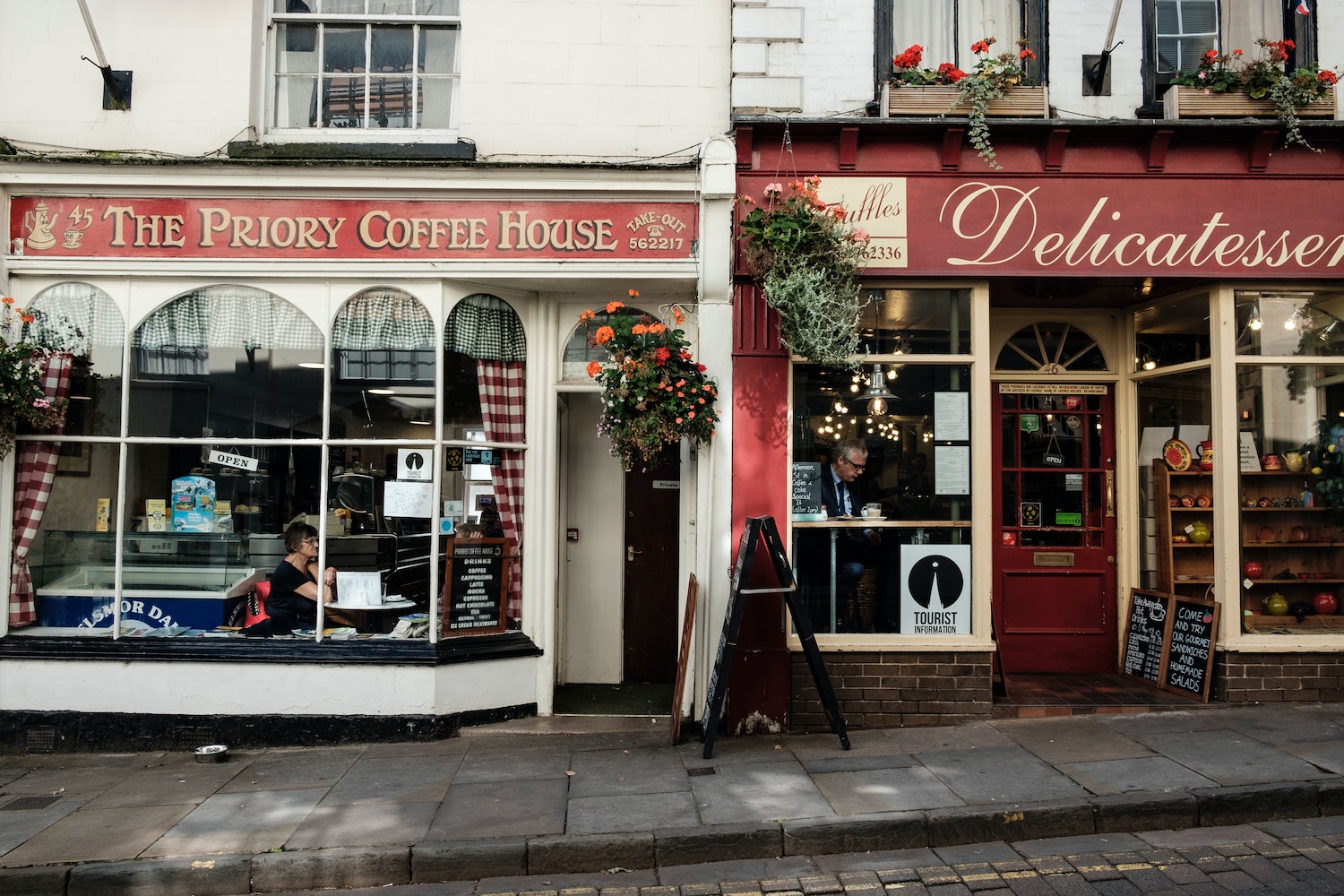July 3rd, 2013.
A Guide to Commercial Mortgages for Shops
Commercial mortgages can be very tricky waters to navigate, with so many obstacles to overcome, forms to complete and mortgages to compare. It can be a hard task to figure out where to start.

Do you approach banks or private lenders? Is your financial plan accurate and up to date? Here’s a handy walk-through for commercial mortgages for shops:
Taking Your First Steps
Unlike a residential mortgage there is a lot more risk connected to commercial mortgages, which is why the application is a lot more complex. It can be very difficult to get accurate quotes based on your mortgage without going directly to each and every lender. Certain lenders do not like to give mortgages to certain businesses, so for example if you have a corner shop then you may waste time approaching lenders who do not consider mortgages to corner shops. As a result this process tends to take a lot of time and hard work in order to get a large collection of estimates – it is recommended that you use a commercial mortgage broker to help speed this process up, giving you many quotes in a shorter time-frame.
Types of Commercial Mortgage
There are various types of commercial mortgages specifically designed for retail properties; each being given different terms and being offered by various lenders. However, there are two main mortgage options: fixed rate and variable rate mortgages. The differences between the two are stated in the names – a fixed rate has consistent interest rates and repayments throughout the loan, while variable changes depending on how the market is performing. There are a range of pros and cons for each type of mortgage, which one you choose will depend on the stability of your store as well as what the future of the economy looks like.
Things to Consider
When you’re initially planning on acquiring a commercial mortgage for your company you will need to do thorough research, like with every business decision. Before any lender will consider your application they will need to know that your shop is capable of repaying the loan. As a result of this you will need to ensure that your profitability is high enough that they don’t see your company as a risk. Typically there will need to be some sort of collateral that is put in place as a security measure, this could be the business itself or your private residence – these are usually worked out with the lenders before the contract is signed. Finally, you will need to ensure that the commercial mortgage you chose is the right one for you.
Using a Commercial Mortgage Broker
Getting your first commercial mortgage is a massive step and, like with running a shop, it can be very difficult to do on your own. Although you may be successful in getting several competitive quotes, unless you have spent the time making sure you get a quote from every lender you may not receive the best possible rates. The more money you can save on a mortgage, the more you can put back into running your store! By using commercial mortgage brokers they will approach every possible lender in order to find the best rates on the market to suit your business. Brokers can take away the stress involved with phoning, emailing and constant meetings with lenders, leaving you free to manage your store and carry on with your day-to-day life.





